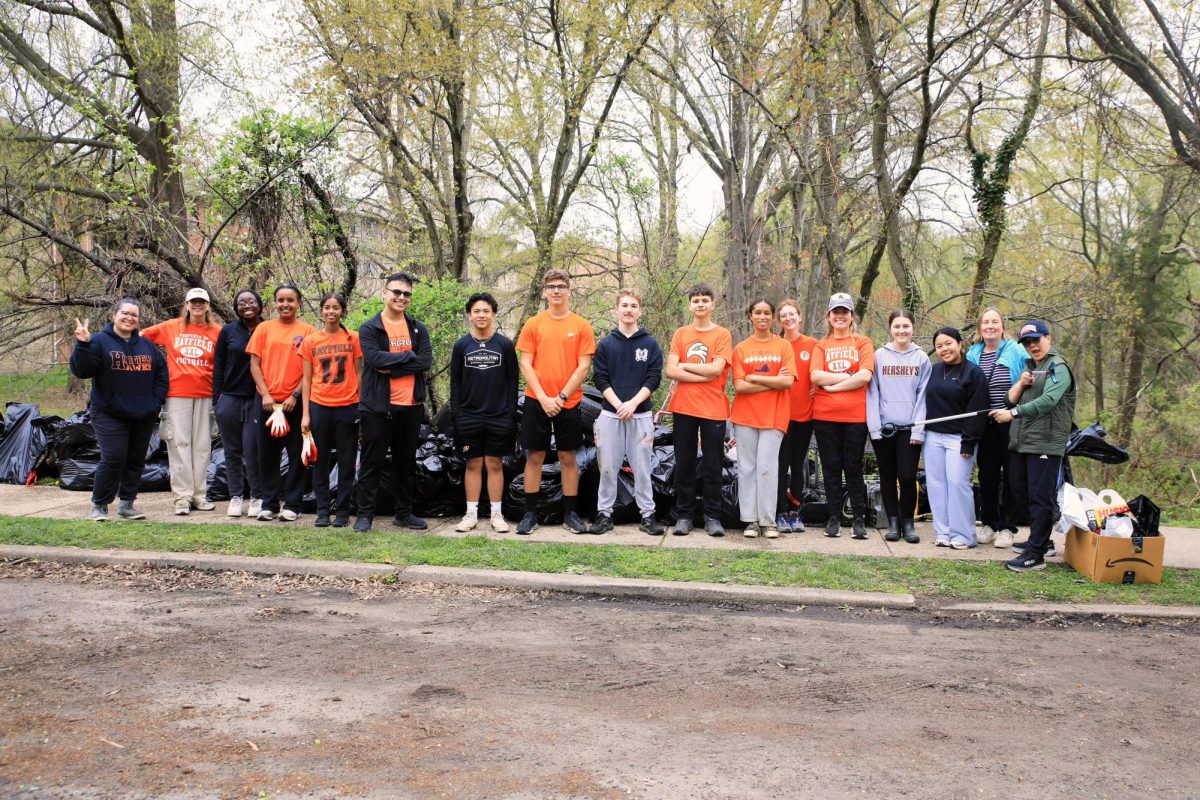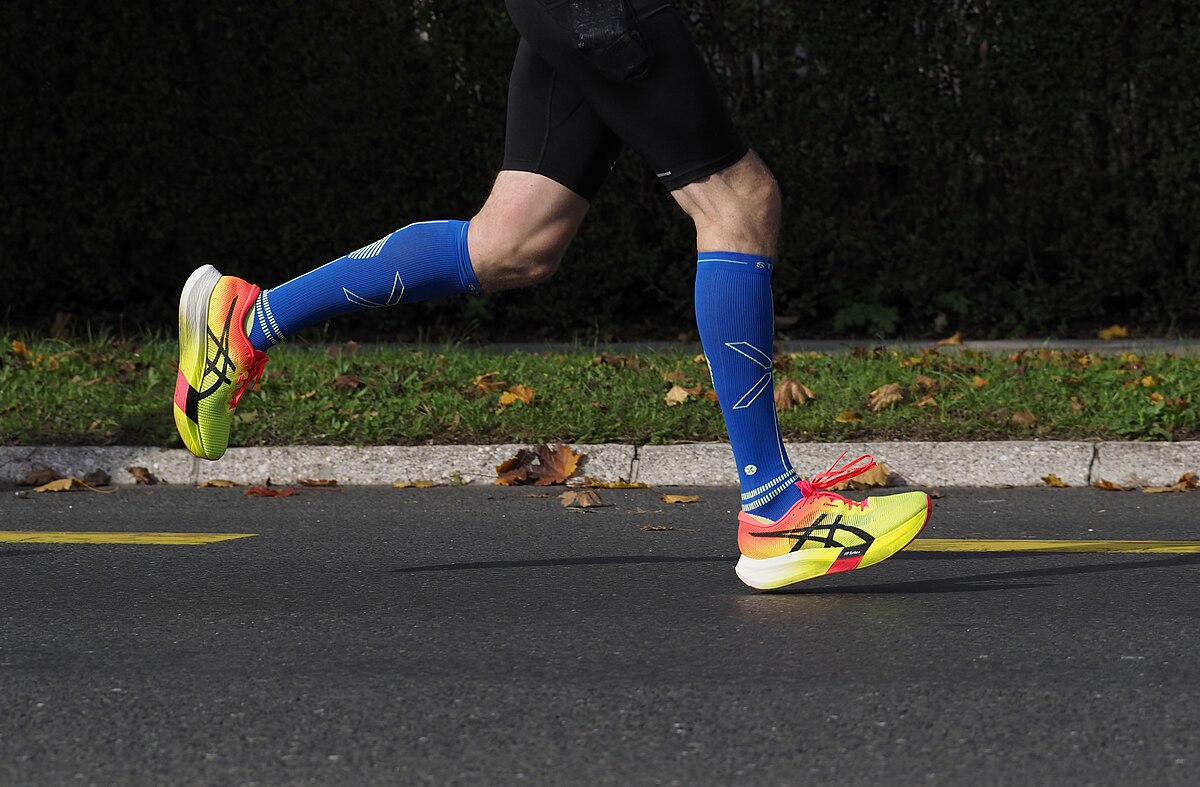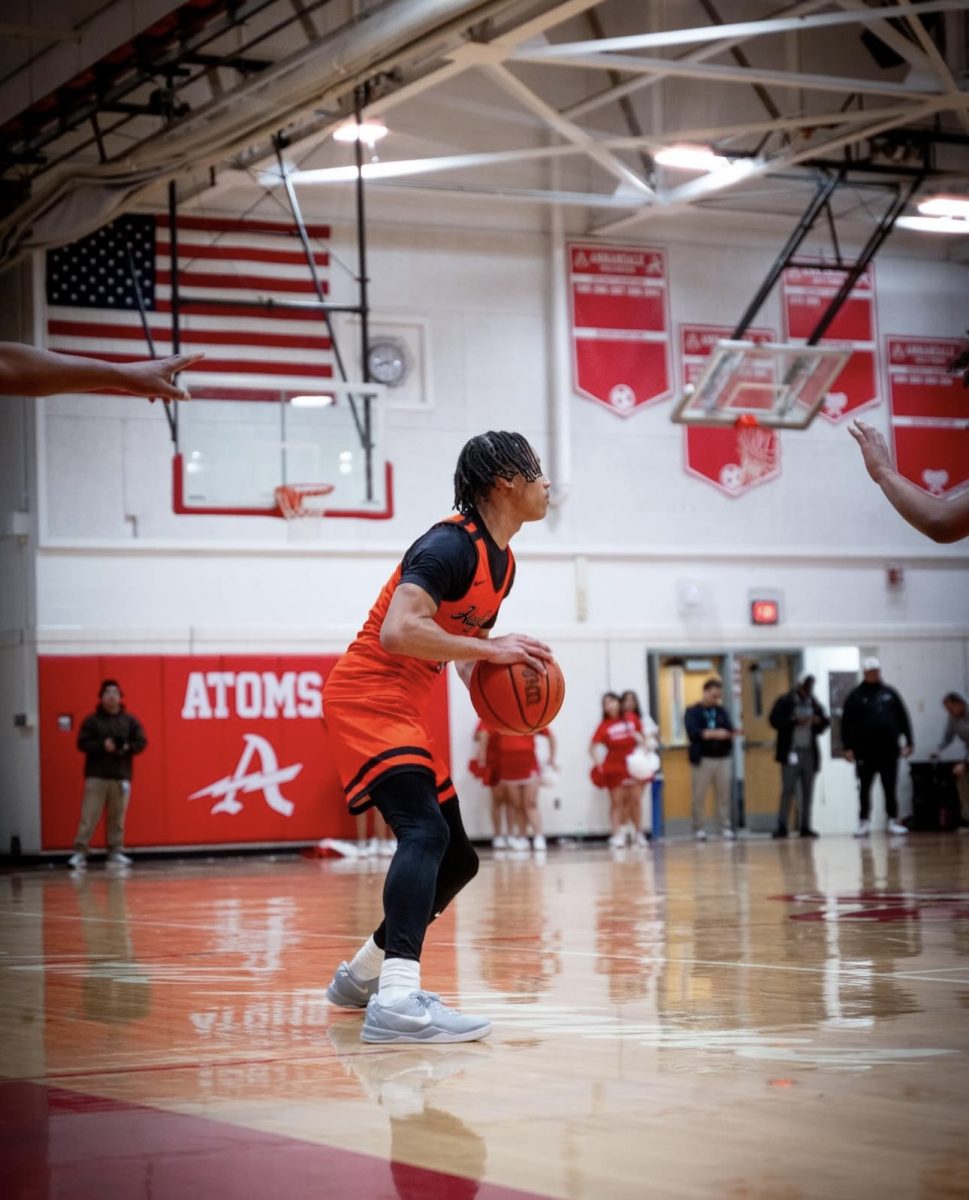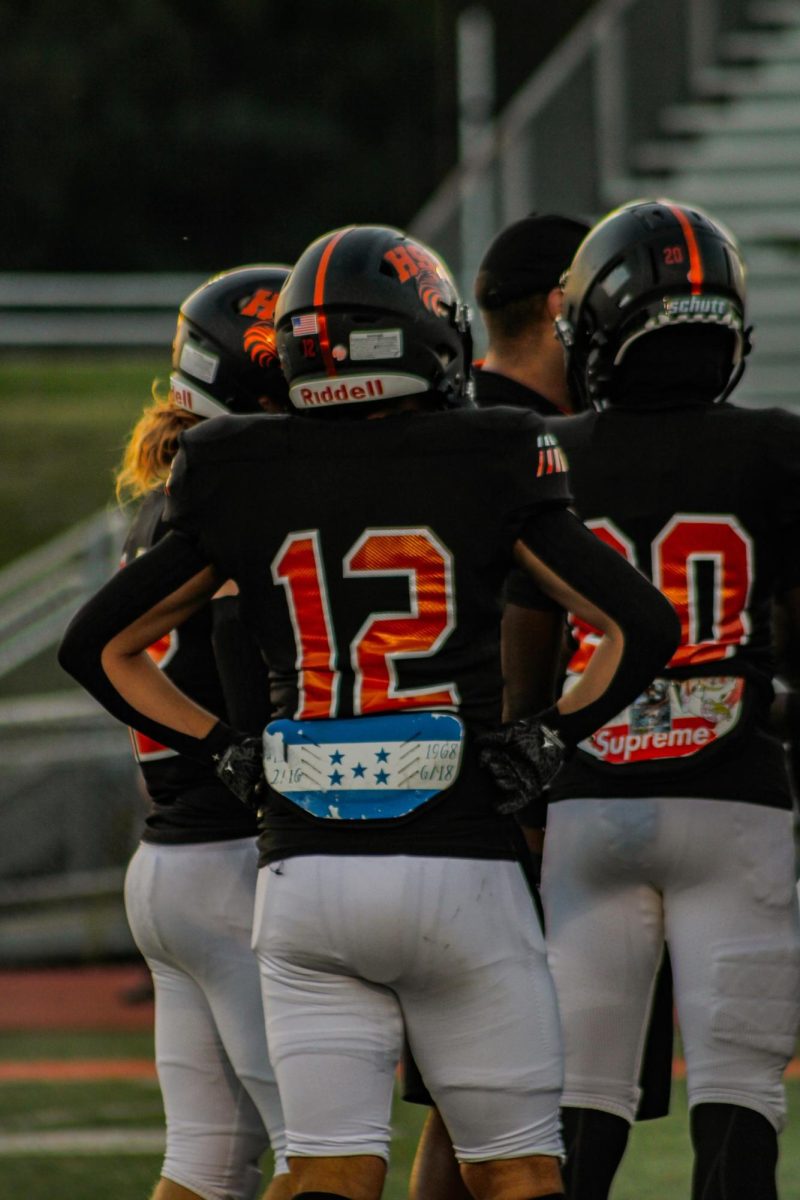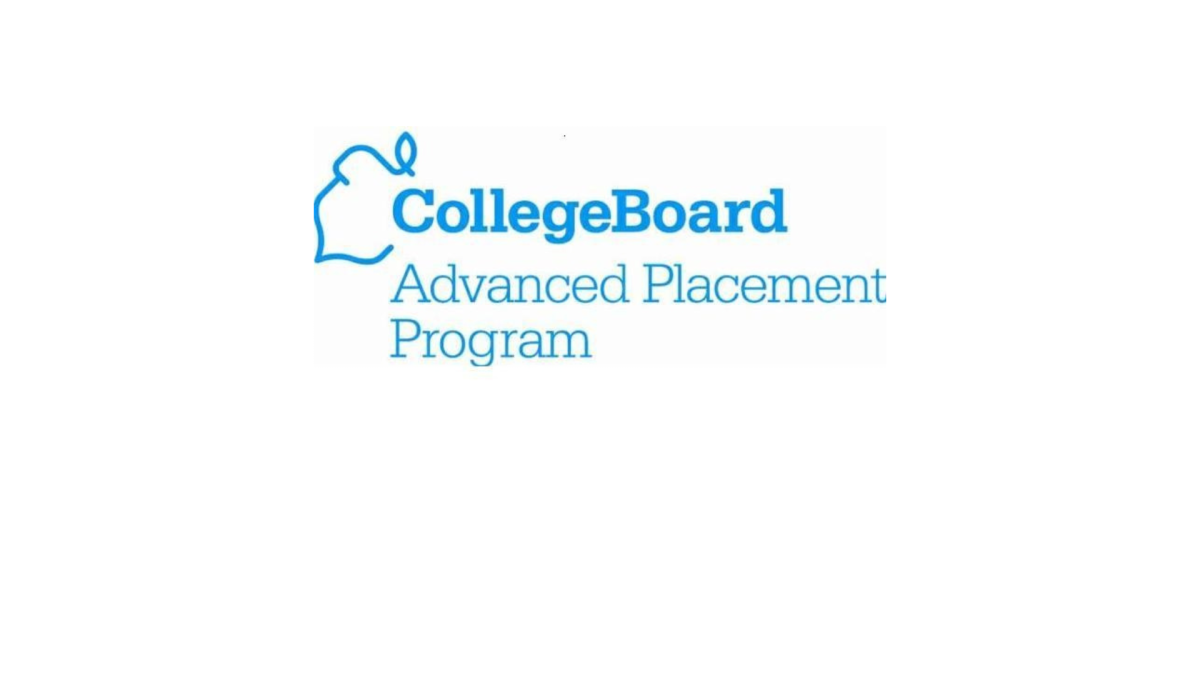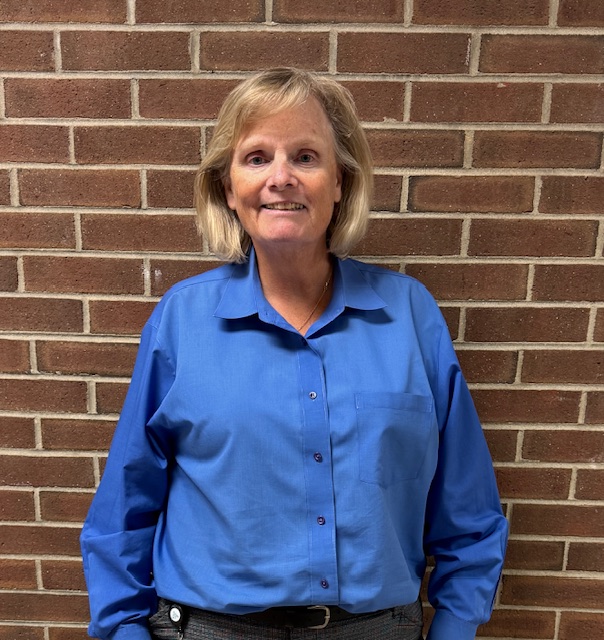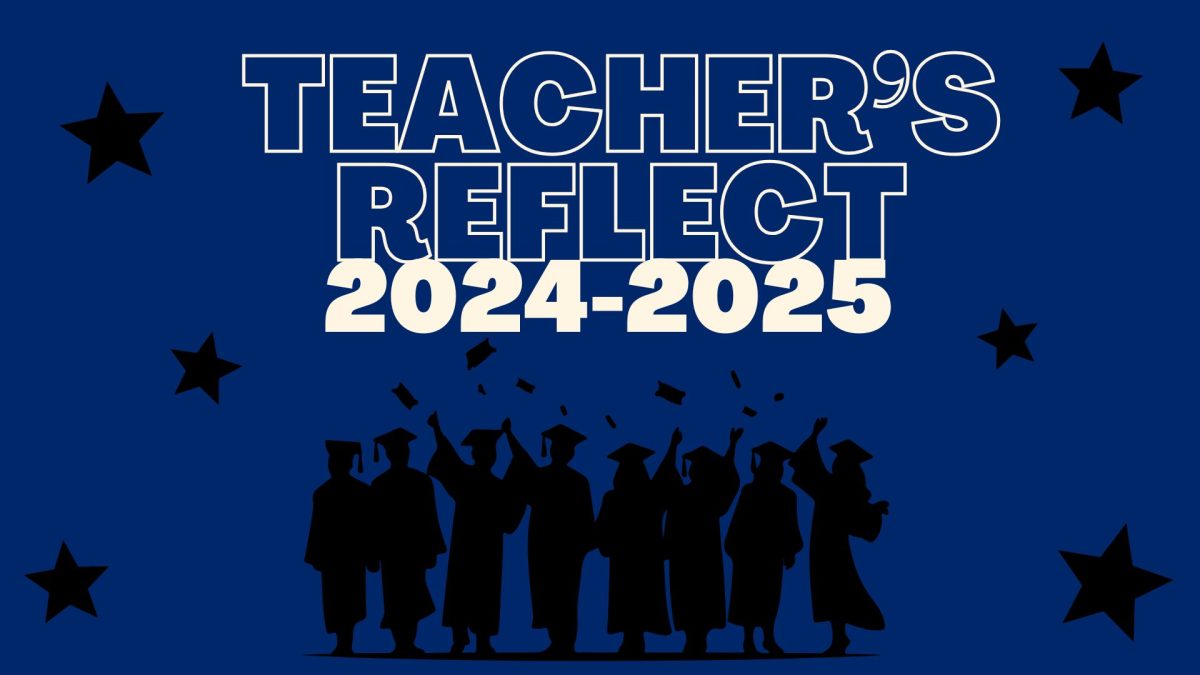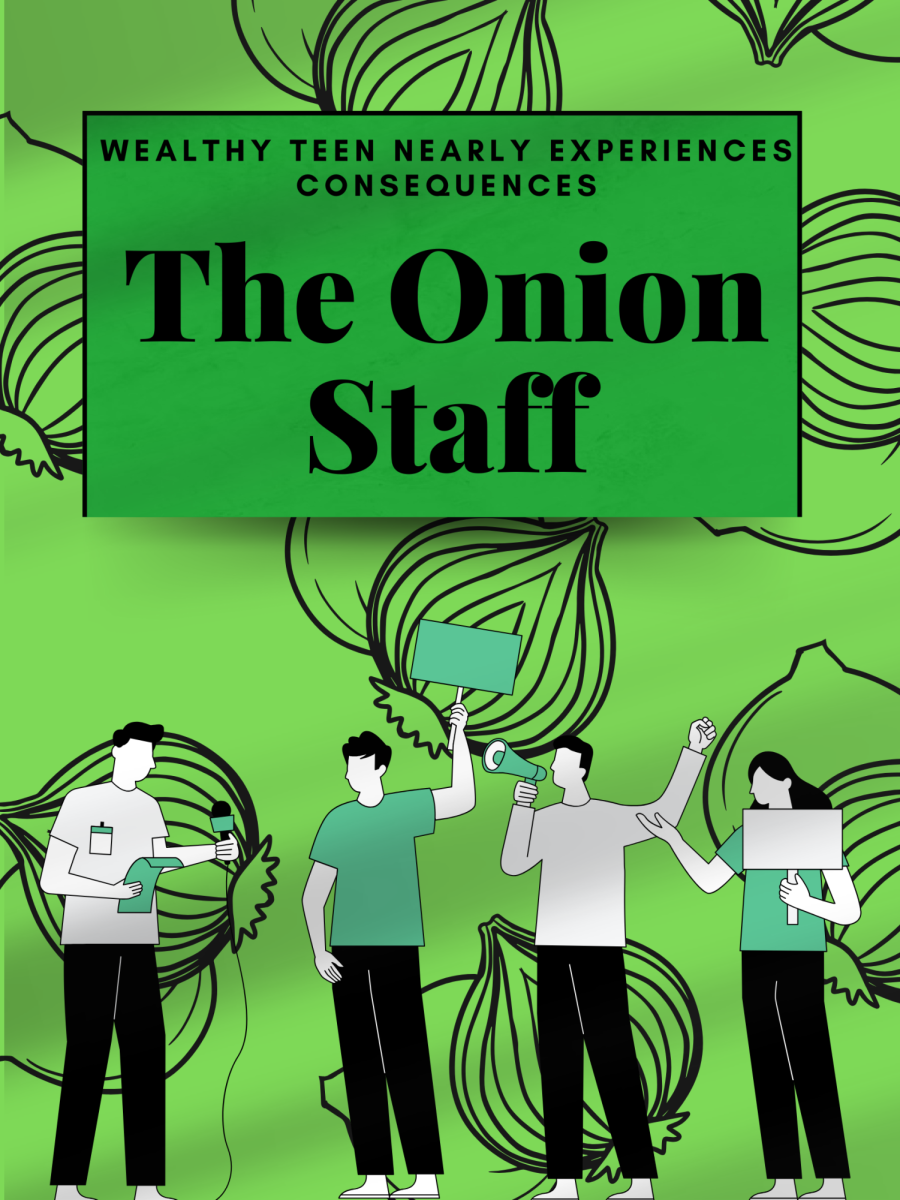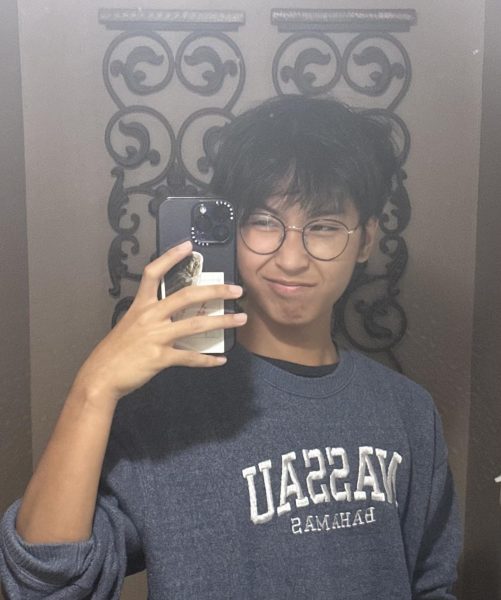“We are sorry to inform you that after reviewing your application, the NHS Faculty Council did not offer you membership as one of this year’s National Honor Society inductees,”
For students at Hayfield, being inducted into the National Honor Society is a big step for many–a recognition of their hard work, leadership, and their dedication to academics. But for many, rejection letters from the NHS have raised questions about how fairly the admission process works, especially when it affects those who excel more than the average student.
A senior at hayfield, who wished to remain anonymous, described their rejection as heartbreaking. Despite maintaining a high GPA, participating in multiple extracurriculars, and dedicating hours to service, they were denied membership–twice.
“I felt devastated because it seemed like my contributions to the Hayfield community weren’t enough, even though I take so much pride in supporting our school,” the senior said.
The non-intuitive application process, along with its evaluation system, caused annoyance for the applicant.
NHS evaluates students based on 4 pillars of criteria: scholarship, service, leadership, and character. At hayfield, the admission process is made up of an anonymous group of teachers who review applications using a rubric system that assigns points to different areas assigned. However, this approach of acceptance or rejection has sparked criticism from students who feel it fails to capture their contributions to the school.
“It’s frustrating that they grade applications like this,” they said. “Even highly selective universities don’t evaluate candidates this way. How can you compare completely different activities on a points system?”
The student also questioned their trustworthiness whether or not academic achievements are given the proper weight in the decision-making process.
“A GPA is just a number—it doesn’t tell the whole story of someone’s academic performance or their effort,” they said.
Adding on to their disappointment was the fact that students who knew they were clearly underqualified were accepted.
“It’s upsetting to see people who don’t do as much for the school get in,” the student said. “All applications should be reviewed fairly, but that clearly isn’t happening.”
The situation deepened when students were made aware that counselor Corey Gilmore, who is also one of Hayfield’s NHS advisors, had already begun a new job at the Fairfax main office as a Substance Abuse Prevention Specialist. The departure made appealing their rejection significantly harder for those who want to be reconsidered before the induction ceremony.
The student also pointed out how the rubric system itself might create more harm than good.
“The fact that applications are graded using a rubric and points is the most frustrating,” they said. “It’s impossible for readers to fairly compare and grade different activities like that.
Though the experience may have been discouraging, the student continues to remain motivated throughout their senior year.
“This rejection won’t define me,” they said. “It’s tough, but I’ll keep doing what I do for this school, regardless of whether NHS recognizes it.”
As NHS continues to serve as a symbol of excellence at Hayfield, the controversy over its selection process leaves students wondering if the society truly lives up to its purpose– or if it’s failing the very students it aims to recognize.

